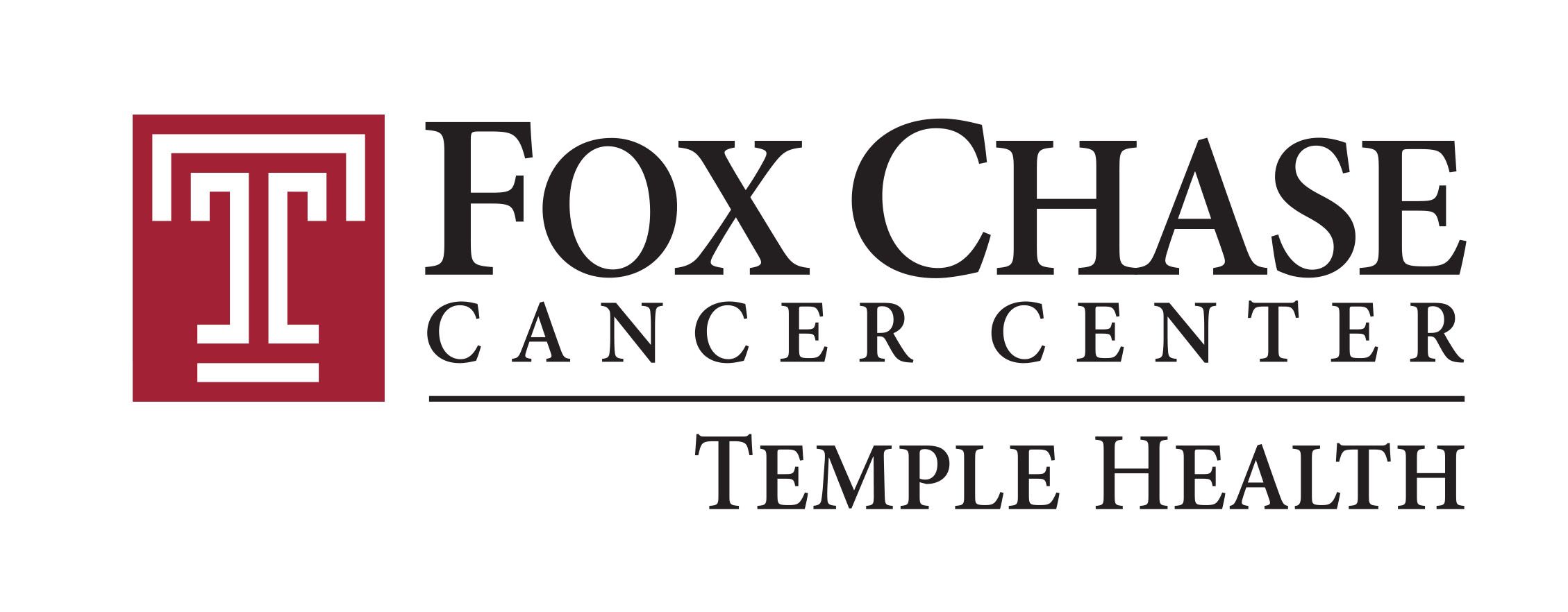- Advertise
- About OncLive
- Editorial Board
- MJH Life Sciences brands
- Contact Us
- Privacy
- Terms & Conditions
- Do Not Sell My Information
2 Clarke Drive
Suite 100
Cranbury, NJ 08512
© 2025 MJH Life Sciences™ and OncLive - Clinical Oncology News, Cancer Expert Insights. All rights reserved.
Dr. Borghaei on Anticipated Trials Evaluating Immunotherapy in NSCLC
Hossein Borghaei, DO, MS, chief, Division of Thoracic Medical Oncology, director, Lung Cancer Risk Assessment, associate professor, Department of Hematology/Oncology, Fox Chase Cancer Center, discusses necessary research and anticipated trials evaluating immunotherapy in advanced non–small cell lung cancer (NSCLC).
Hossein Borghaei, DO, MS, chief, Division of Thoracic Medical Oncology, director, Lung Cancer Risk Assessment, associate professor, Department of Hematology/Oncology, Fox Chase Cancer Center, discusses necessary research and anticipated trials evaluating immunotherapy in advanced non—small cell lung cancer (NSCLC).
Although PD-L1 has shown some utility in predicting response to immunotherapy, better biomarkers are needed, says Borghaei. Over the course of the past several years, tumor mutational burden (TMB) has emerged as a potential biomarker. However, there are no prospective data to suggest that TMB is a robust marker. Moreover, TMB has yet to be standardized, so there is a lot of variability in terms of the cutoff and methodology for using this marker, explains Borghaei.
In addition to more data surrounding TMB, phase III trials of immunotherapy alone are also anticipated, such as MYSTIC, CheckMate-227, and NEPTUNE. The CheckMate-227 trial had shown preliminary progression-free survival benefit. At the 2019 ESMO Congress, investigators reported an overall survival benefit with the frontline combination of nivolumab (Opdivo) and ipilimumab (Yervoy) versus chemotherapy alone regardless of PD-L1 expression. The field is eagerly awaiting mature data from all of these studies because they will shed more light on the use of novel immunotherapy combinations without chemotherapy and potentially TMB, concludes Borghaei.


